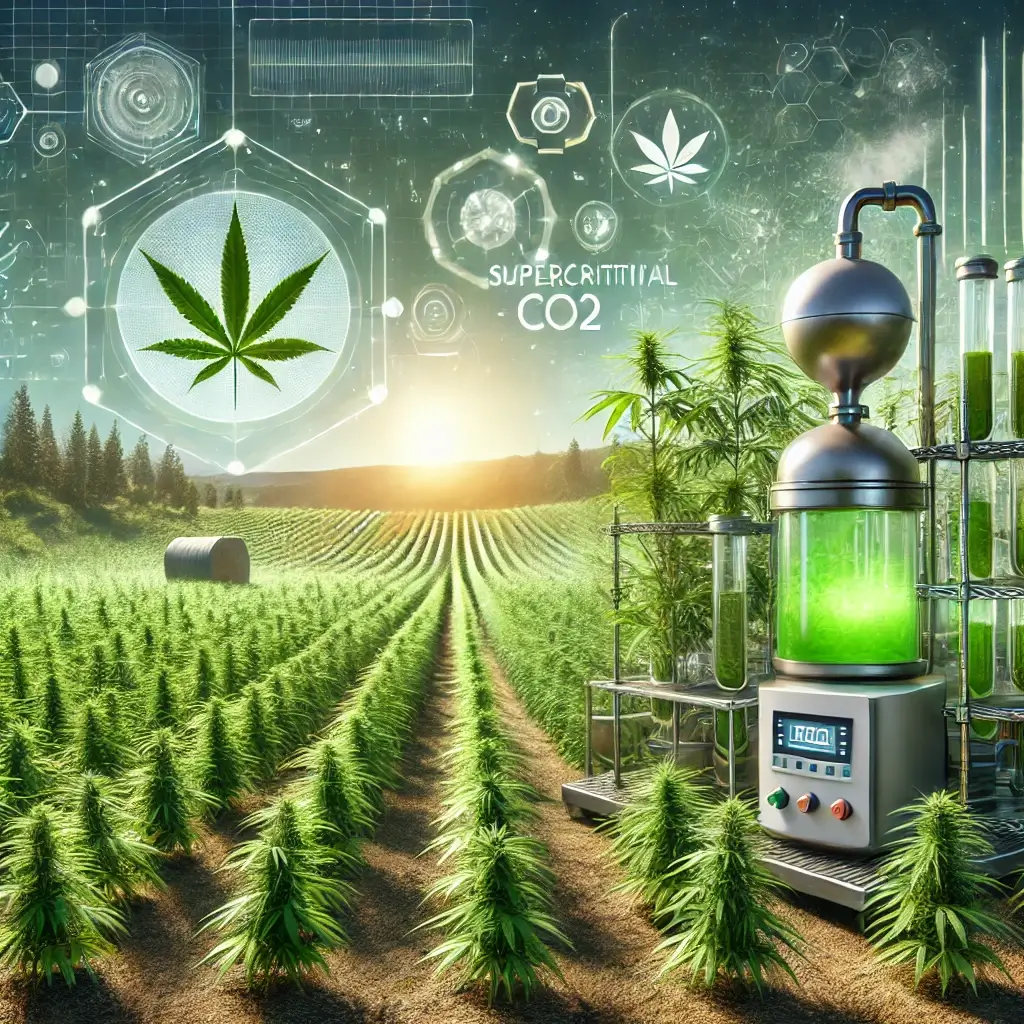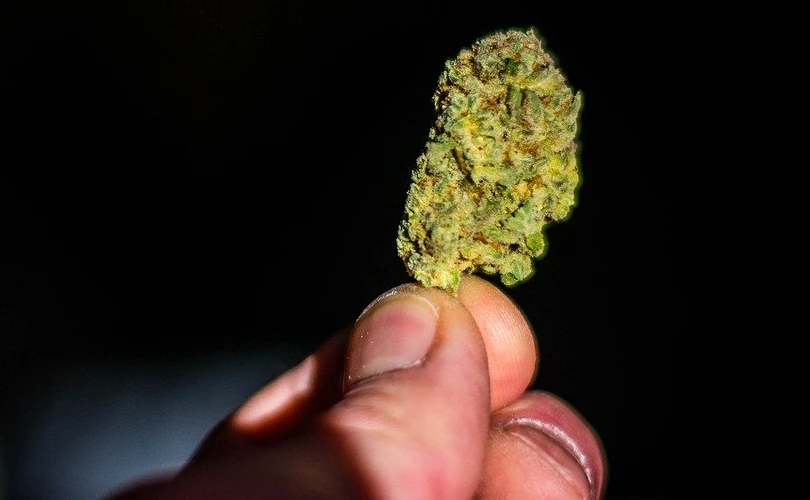In recent years, the demand for natural, plant-based therapies has led to a resurgence in hemp-based products for medical use. Known for its efficacy in managing ailments like chronic pain, anxiety, and sleep disorders, hemp’s cannabinoids hold promise for millions seeking alternative treatment options. But beyond just therapeutic properties, the way hemp is produced can influence both the product’s quality and its impact on the environment. By focusing on sustainable production, from soil health to environmentally friendly extraction processes, the hemp industry can deliver safe, potent, and eco-conscious remedies.
Sustainable Production and Legislative Progress
Sustainability in hemp production emphasizes organic farming techniques and cleaner extraction practices, which not only protect the environment but also enhance the plant’s medicinal properties. With recent legislation pushing for sustainable practices in agriculture, hemp production stands as a model for balancing human health and ecological responsibility. This article explores the intersection of sustainable production and medical efficacy, demonstrating how hemp products produced responsibly are paving the way for greener health solutions.
Sustainable Practices and Their Impact on Health Applications
Hemp thrives in rich, organic soils, which contribute significantly to its cannabinoid profile. A recent study in Agricultural Systems indicates that organically maintained soil leads to greater diversity in cannabinoid compounds, amplifying therapeutic effects via the entourage effect, where cannabinoids and terpenes work synergistically. Organic farming not only reduces chemical runoff but also supports the surrounding ecosystem, benefiting both the plant and the planet.
Green Extraction Methods and Quality Standards
The extraction phase is equally crucial. Green extraction methods, like supercritical CO₂ extraction, have become industry standards due to their ability to produce cleaner, purer extracts without using toxic solvents. Medical-grade hemp products developed through CO₂ extraction maintain high levels of cannabinoid purity, which is essential for patients requiring precise dosages. Such sustainable methods reduce environmental harm while ensuring consistent, high-quality outcomes.
Legislative Support and Industry Standards
Legislative advancements are also supporting this shift. Increasingly, governments mandate certifications that emphasize sustainable practices, pushing for transparent documentation and organic sourcing. Studies published in the Journal of Natural Products confirm that these certifications not only enhance product quality but also foster trust within the industry. For patients, this means access to safer, more reliable products that meet strict regulatory standards.
Future Outlook for Sustainable Hemp Products
By prioritizing sustainable practices, the hemp industry is charting a course toward a future where health and ecology go hand-in-hand. Sustainable methods like organic cultivation, green extraction, and enhanced quality control are setting the standard for medical hemp products. As awareness grows and regulations strengthen, consumers can look forward to more accessible, environmentally friendly options for their health needs.




